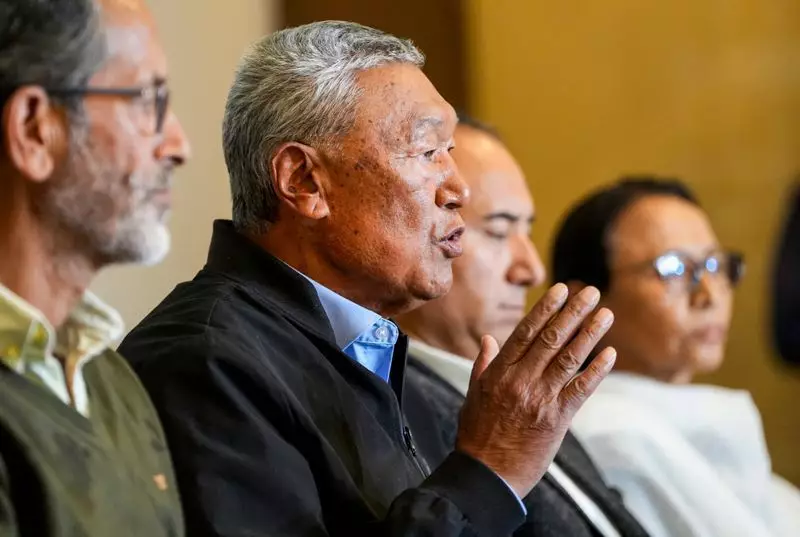
In a significant development from the Himalayan region, the Leh Apex Body has expressed cautious optimism about the central government's decision to form a judicial committee to examine critical issues facing Ladakh. However, the organization has put forth a crucial condition that could determine the success of the entire initiative.
The Missing Voice in the Room
While welcoming the proposed judicial probe, the Leh Apex Body has emphatically demanded the inclusion of a representative from Ladakh within the committee. This demand stems from growing concerns that without local perspective and ground-level understanding, the committee might fail to address the region's unique challenges effectively.
Four Pillars of Ladakh's Demands
The judicial committee is expected to examine several critical issues that have been at the forefront of Ladakh's political discourse:
- Constitutional Safeguards: Implementation of Sixth Schedule provisions to protect land, environment, and cultural identity
- Employment Security: Guaranteeing job opportunities for local youth in government and private sectors
- Political Representation: Establishing elected legislatures to restore democratic processes
- Environmental Protection: Creating mechanisms to preserve Ladakh's fragile ecosystem from industrial exploitation
A Movement Gathering Momentum
The Leh Apex Body, working in coordination with the Kargil Democratic Alliance, has been at the forefront of a sustained peaceful movement. The recent 21-day hunger strike by renowned climate activist Sonam Wangchuk brought national and international attention to Ladakh's plight, highlighting the urgency of addressing these longstanding demands.
"Without a representative from our region, the committee would lack the essential understanding of Ladakh's ground realities," stated a spokesperson from the Leh Apex Body. "We need someone who comprehends our cultural specificity, environmental vulnerability, and developmental aspirations."
What Lies Ahead?
The ball now rests in the central government's court. The inclusion of a Ladakhi representative could pave the way for meaningful dialogue and sustainable solutions. However, if this demand goes unheeded, it might further alienate the local population and intensify the ongoing protest movement.
As the situation evolves, all eyes remain on New Delhi's response to this reasonable demand from a region that has been seeking its rightful place within the Indian constitutional framework since becoming a Union Territory in 2019.





